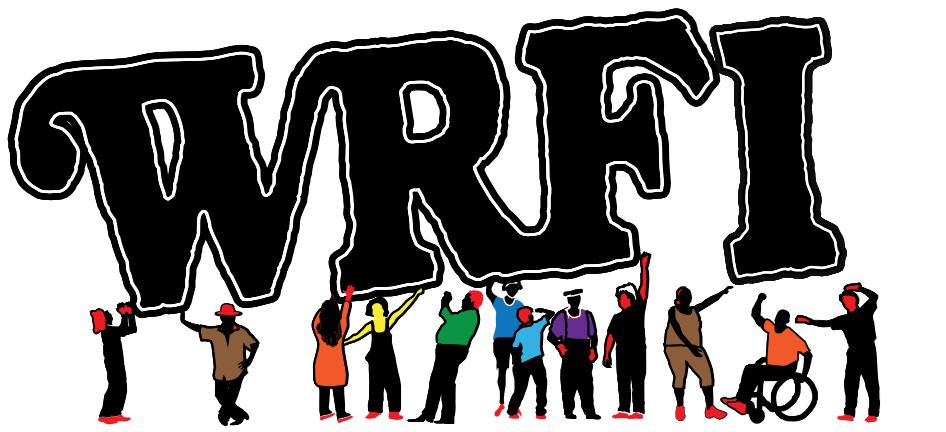Coronavirus Update, July 7, 2020
Cornell University will still be increasing their tuition for the upcoming academic year, even though its re-opening on a mixed in-person and online basis this fall.
The Cornell Daily Sun reports that the tuition raise was approved in January, before the COVID-19 pandemic shut down schools across the country. The raise will increase tuition by 3.6%, which will amount to almost $2000 for most students.
The Sun previously reported that tuition has gone up at the school each year for a decade, but some thought the pandemic would change the decision to increase the price. However, the university is set to face significant financial strain this year, with $210 million in projected losses this year to the Ithaca and Cornell tech campuses. Operational costs are expected to increase significantly, while academic costs will remain roughly the same, according to the university.
Cornell has pledged to meet the significant financial aid needs of students. Included in this plan will be the ability for students to get a new assessment for their financial aid, if their financial position has changed.
Cayuga Health System is now allowing inpatient visitation on a limited basis at Cayuga Medical Center and Schuyler Hospital, following state guidelines.
A press release from Cayuga Medical Center states this includes checking temperatures of everyone entering the hospital, limiting the number of visitors to one person, for no more than 4 hours per day per patient. Visitors must be 18 years or older, wear a mask, and will not be allowed to utilize dining services.
Hours of visitation at Cayuga Medical Center and Schuyler Hospital will be from 3 pm - 7 pm Monday through Friday and from 10 am - 2 pm on Saturdays and Sundays.
New York Governor Cuomo announced today that three more states have been added to the mandatory quarantine list. In a press release, the governor outlines that Delaware, Kansas, and Oklahoma have been added to the states where visitors coming from must quarantine for 14 days after arriving to New York State. States are added to the list when infection rates reach 10 per 100,000 residents, or the positive test rates are greater than 10% over 7 day rolling averages. 19 states in total are now on the list.
The Governor also announced that there were nearly 590 new cases of COVID-19 in New York State as of Tuesday. Looking to the local COVID-19 caseload, In Tompkins County 167 of the 168 people infected with the virus have recovered as of yesterday, according to the county health department. In Schuyler County, 14 out of 15 people infected with COVID-19 have recovered, according to their health department.
Due to the extreme heat forecast this week, the Cayuga Health System COVID-19 Sampling Site hours will be reduced to 8am-12pm for Wednesday, July 8th and Thursday July 9th. The drive-thru site is located at 40 Catherwood Rd. Anyone looking to get tested for COVID-19 should pre-register online at cayugahealth.org or call 607-319-5708.
New York State’s Department of Health has issued a report that says the state can not be blamed for the spike in novel coronavirus related deaths in nursing homes.
The Albany Times Union reports that many blamed the state for the spike in April because of a controversial memo released in March that said nursing homes were not allowed to turn away residents based solely on reasons related to COVID-19. The Department of Health claims that this memo did not cause the rise in cases, but rather the staff working in these facilities when the spread of the virus in the state was unknown.
The new report says that if the admission of residents was what caused the increase in cases, the order of new cases and deaths would be very different. Governor Cuomo said that these accusations were not based in fact, but only in politics.
23rd District Congressman Tom Reed, who represents Tompkins and Schuyler counties, is calling the report “blatant attempt by Governor Cuomo to sidestep an ounce of accountability,” according to a statement issued online Monday. He and other republican state politicians are calling for an independent investigation to evaluate the impact of nursing home policies in the state.
Organizers of Ithaca’s “Streets Alive!” event will be hosting an at-home contest version of the annual outdoor celebration to encourage people to utilize the public spaces close to their homes in creative ways.
Streets Alive! was scheduled for April of this year, to allow certain streets in Ithaca to close to cars for people to walk, dance, and have other celebrations in the road. The event was tentatively rescheduled to September due to COVID-19, according to a statement released by Bike Walk Tompkins, the hosts of the event.
Bike Walk Tompkins has now announced an at-home contest where Ithacans can submit an example of how they’ve creatively utilized their streets, sidewalks, and porches with socially-distant activities. Some examples include performing music to neighbors or creating “silly-walking zones” outside houses. This idea stemmed from encouragement from Public Health to stay close to home after seeing an increase in the community’s parks, public trails, and other public spaces.
The contest will run through July 31st, with the last day to submit entries on August 1st. Entries can be sent by completing the form available on bikewalktompkins.org/contest.
Contributing writing by WRFI News Interns Phoebe Harms, Tessie Devlin, and Jon Donville
